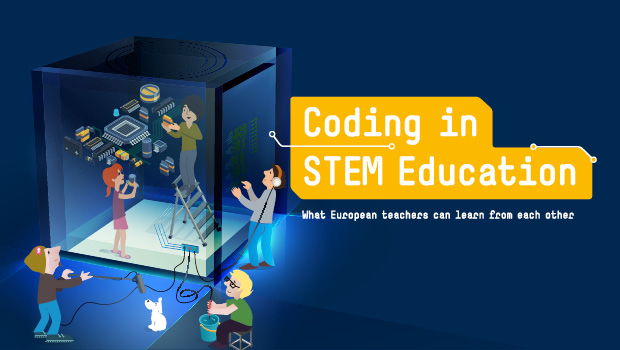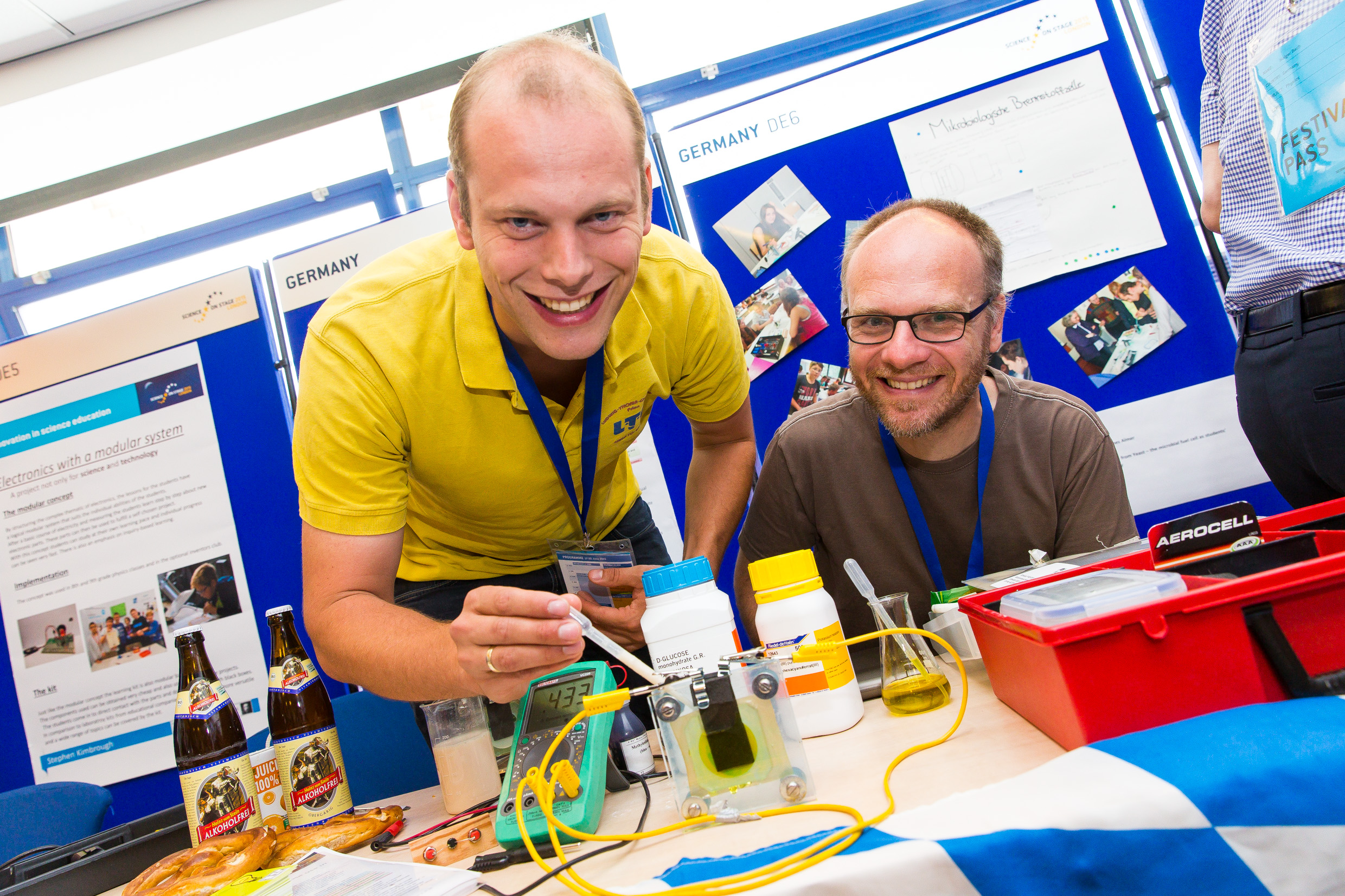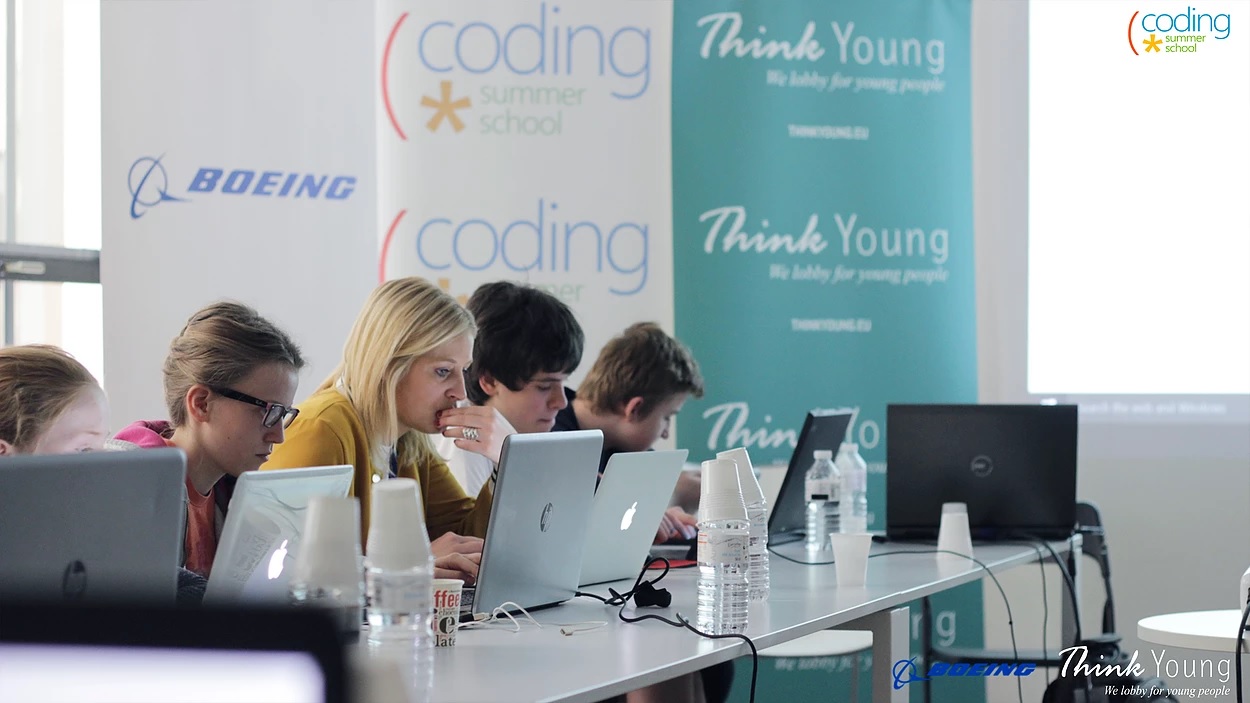Meet and Code
Meet and Code invites local nonprofits across Europe to apply for micro-grants to organize events that foster interest in and access to digital skills among young Europeans. The aim of Meet and Code is to help build a world in which every young European has the digital skills required to shape their own future. Behind Meet and Code are the founding partners SAP, Haus des Stiftens gGmbH, TechSoup Europe with the respective country partners of the TechSoup Europe network. In 2020, the German Federal Ministry of the Interior, Building and Community (BMI) joined as a European partner. Meet and Code 2020 is made possible through financial support of SAP and BMI, while Haus des Stiftens gGmbH is responsible for the initiative.
Meet and Code invites local nonprofits across Europe to apply for micro-grants to organize events that foster interest in and access to digital skills among young Europeans. The aim of Meet and Code is to help build a world in which every young European has the digital skills required to shape their own future. It was co-created by SAP and Haus des Stiftens gGmbH in Munich, which coordinates the grant-giving process, along with the TechSoup Europe network partners. The initiative is aligned with the EU Code Week and the United Nations Sustainable Development Goals.
THe Meet and Code Award presents and honors the most successful event ideas. The goal is to award the most creative and innovative event ideas used by nonprofits to get youngsters excited about coding. The five categories of the Meet and Code Award 2020 are aligned with the Sustainable Development Goals (SDGs). Winners of each category will receive 2000 euro prize money.
The following 35 countries are eligible for grants from the programme: Austria, Belgium, Bosnia and Herzegovina, Bulgaria, Croatia, Cyprus, Czech Republic, Denmark, Estonia, Finland, France, Germany, Greece, Hungary, Ireland, Italy, Kazakhstan, Latvia, Lithuania, Luxembourg, Malta, Netherlands, Norway,
THe aim of Meet and Code is to help build a world in which every young European has the digital skills required to shape their own future. Since it's launch the programme sponsored over 3000 coding events.
During the last 3 years, more than 138 000 young people took part in the programme. For more information, please check the programme website via the link above.
Nonprofits from 35 countries can apply online until September 10, 2020. Each approved event idea will receive a grant of up to 500 euros. Meet and Code was co-created by SAP and Haus des Stiftens gGmbH in Munich, which coordinates the grant-giving process, along with the TechSoup Europe network partners.









